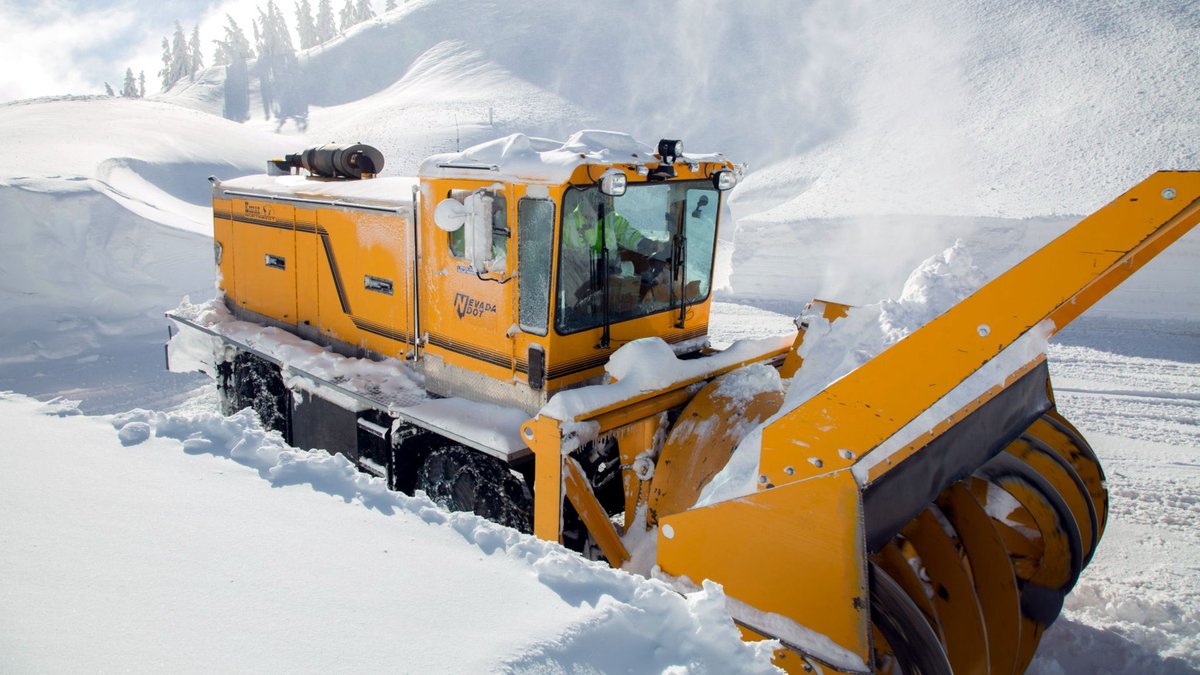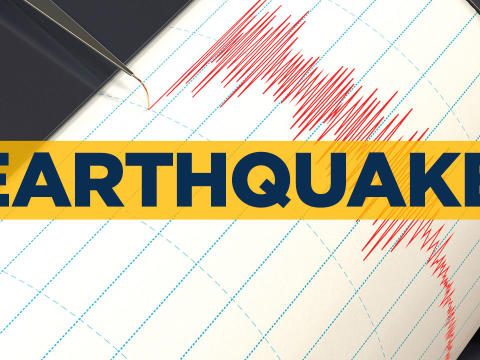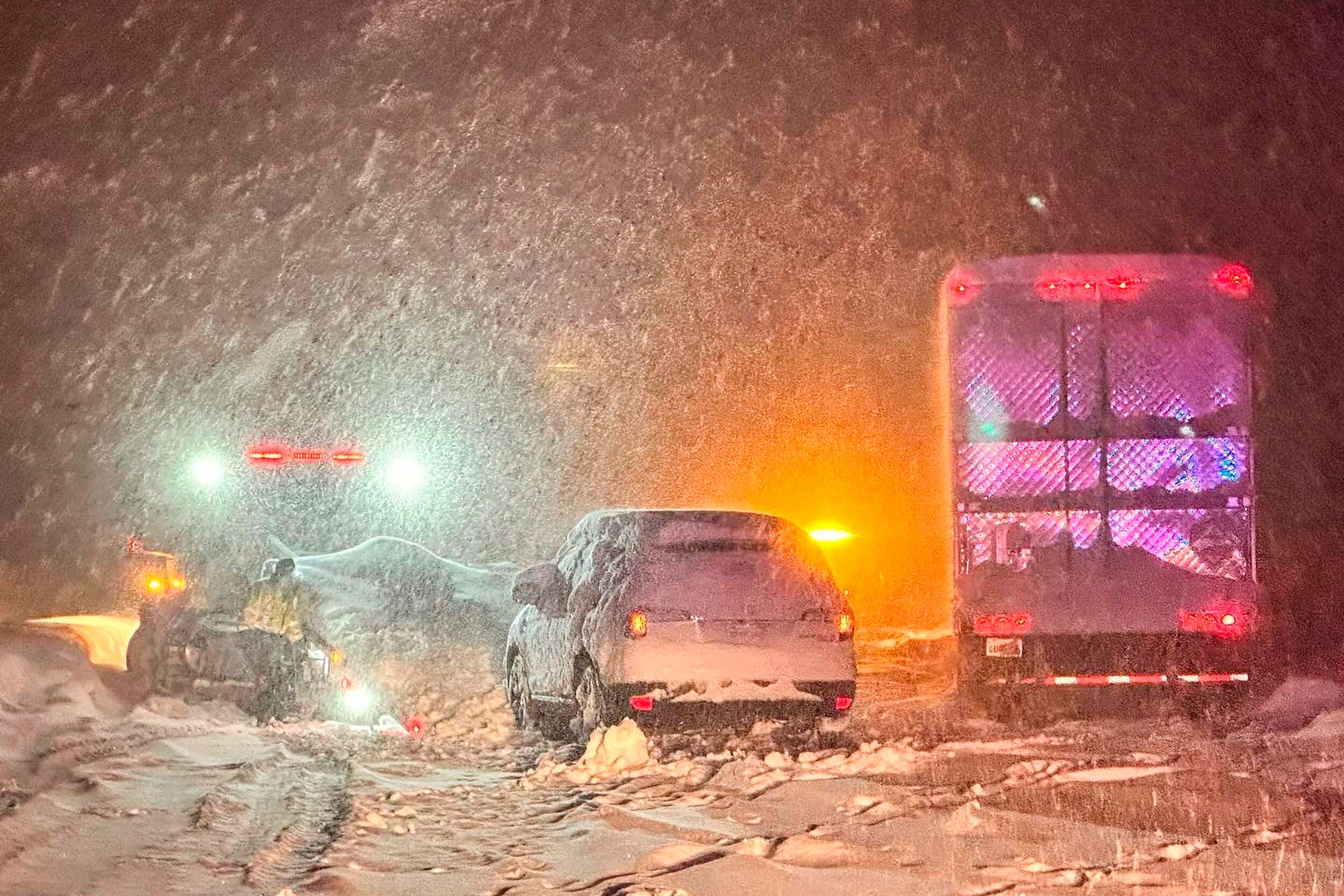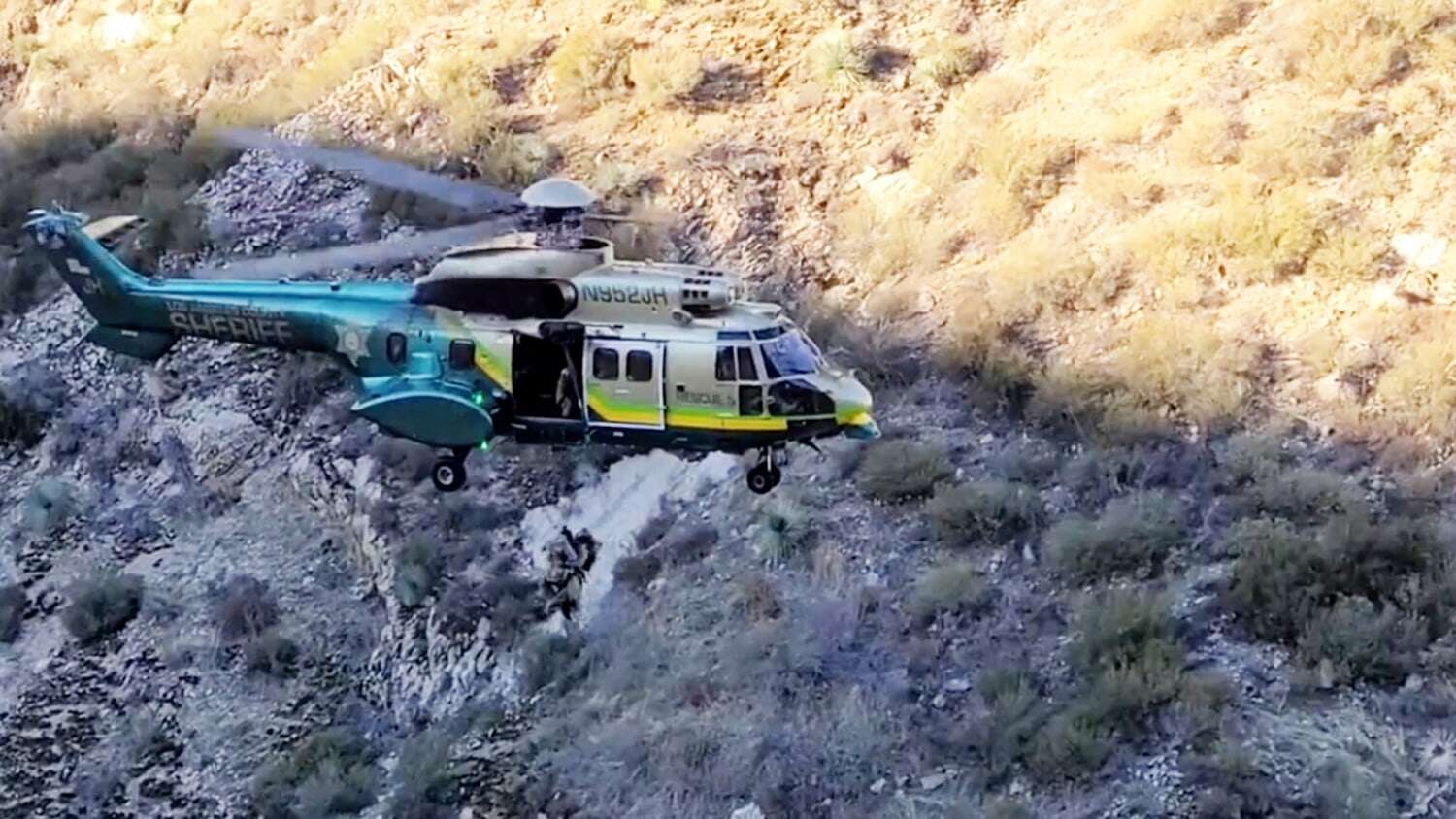 Heavy snow fell in the Sierra Nevada as a winter storm with strong winds tossed ski lift chairs and stopped mountain highways, while downpours at lower elevations issued flood warnings across broad regions of California and Nevada on Sunday.
Heavy snow fell in the Sierra Nevada as a winter storm with strong winds tossed ski lift chairs and stopped mountain highways, while downpours at lower elevations issued flood warnings across broad regions of California and Nevada on Sunday.
More than 250 miles of the Sierra from Reno south to Yosemite National Park were still under winter storm advisories as of late Sunday or early Monday.
When the storm arrived, the Heavenly ski resort in Lake Tahoe shut down some operations on Saturday. The resort tweeted a video of lift seats wobbling violently due to gusts of up to 100 mph, as well as a caution that wind closures are “always for safety.”
Mammoth Mountain reported more than 20 inches of snow on Saturday, with another 2 feet predicted on Sunday as the system’s tail end passes across the eastern Sierra.
The UC Berkeley Central Sierra Snow Lab reported on Sunday morning that more than 43 inches of snow had fallen in the previous 48 hours.
A 70-mile stretch of eastbound US Highway Interstate 80 was blocked Saturday from the northern California town of Colfax to the Nevada state line “due to zero visibility,” according to transportation officials. Much of the rest of I-80 in the mountains from Reno to Sacramento required chains.
A section of California Highway 89 between Tahoe City and South Lake Tahoe was also blocked due to heavy snow, according to the highway patrol.
The US Forest Service issued an avalanche warning for the wilderness west of Lake Tahoe, claiming that “several feet of new snow and strong winds will result in dangerous avalanche conditions.”
The National Weather Service predicted that gusts of up to 50 mph that sent trees onto homes in Sonoma County north of San Francisco on Saturday might reach 100 mph across Sierra ridgetops on Sunday.
Heavy rain was expected from San Francisco to the Sierra crest this weekend, with up to 2 inches in the Bay Area and up to 5 inches in Grass Valley, northeast of Sacramento.
Heavy rain produced localized flooding in greater Los Angeles, prompting the issue of warnings and watches across Southern California.
“Significant travel delays possible with accumulating snow on several mountain roads. This could include the Tejon Pass and Grapevine area of Interstate 5,” according to the National Weather Service.
As the storm moves out of California and Nevada, it will cross the country and reach the Plains by mid-week, bringing heavy rain and below-average temperatures, according to Marc Chenard, a meteorologist at the National Weather Service’s national center in College Park, Maryland.
“It will be a busy week while this system moves across the country,” Chenard said on Sunday.





